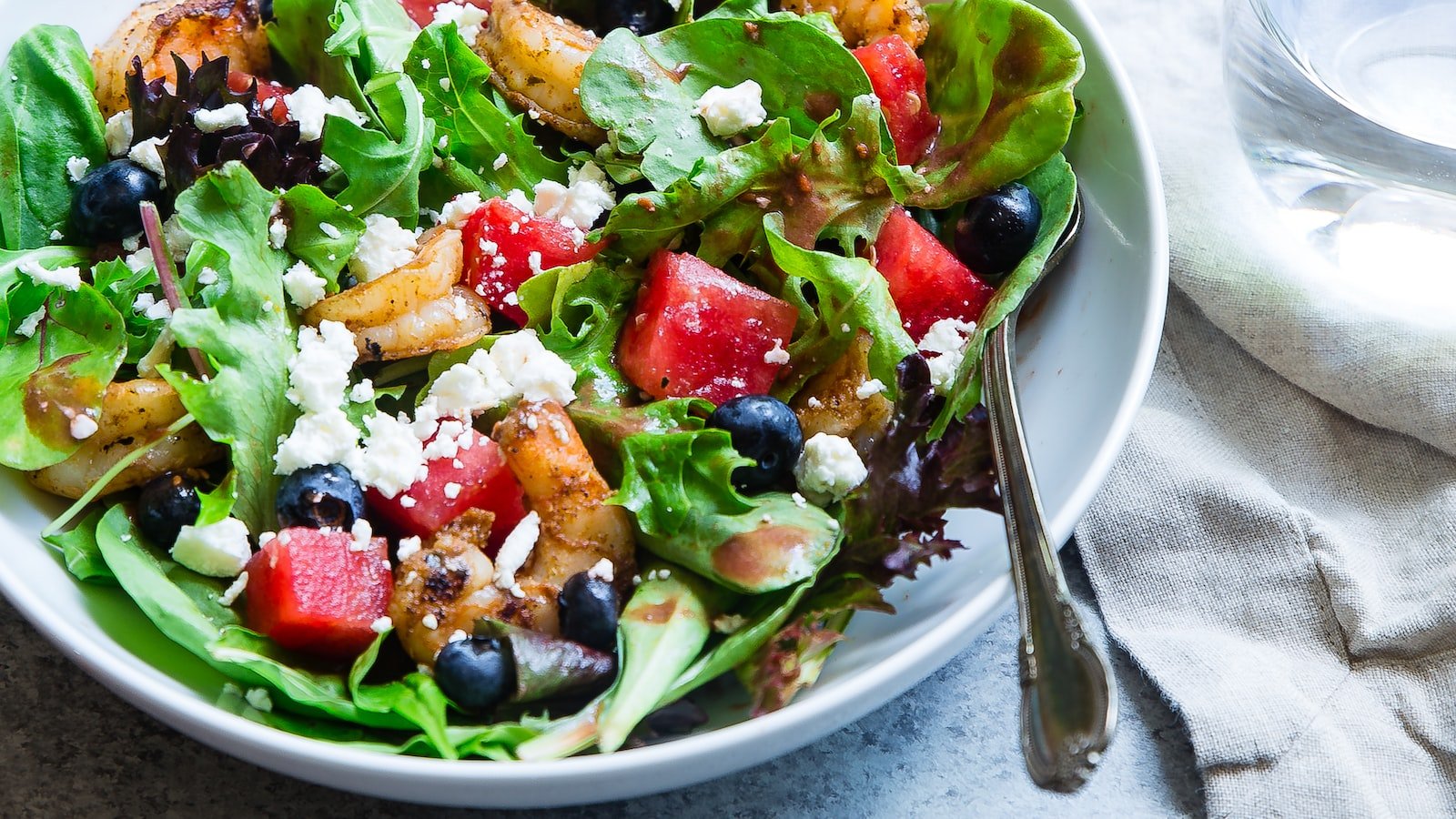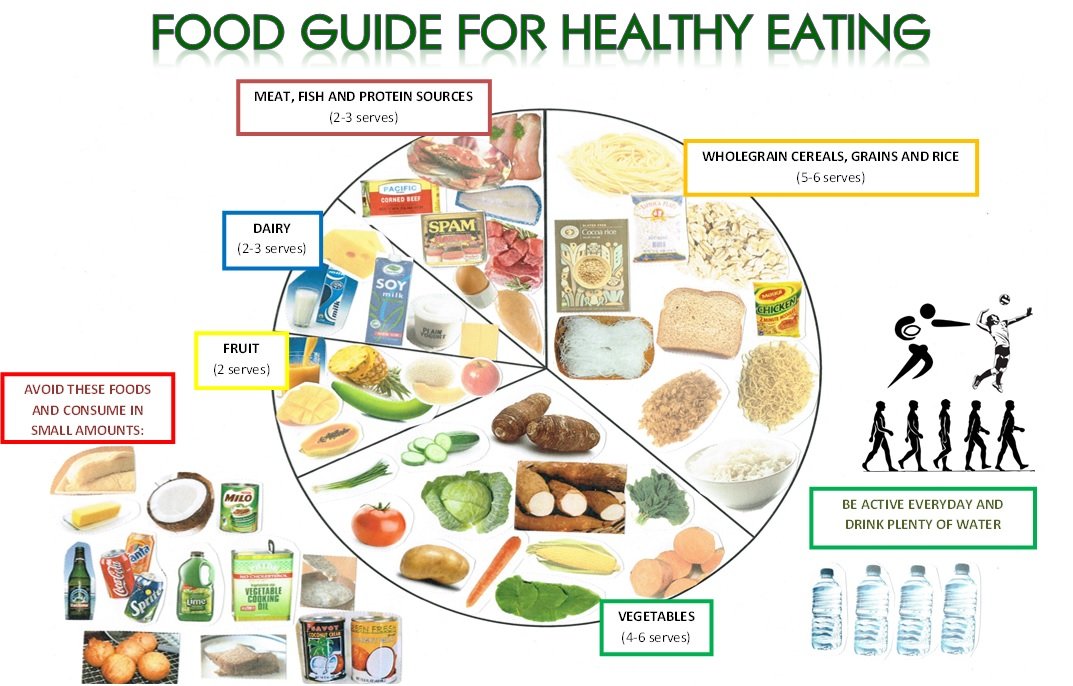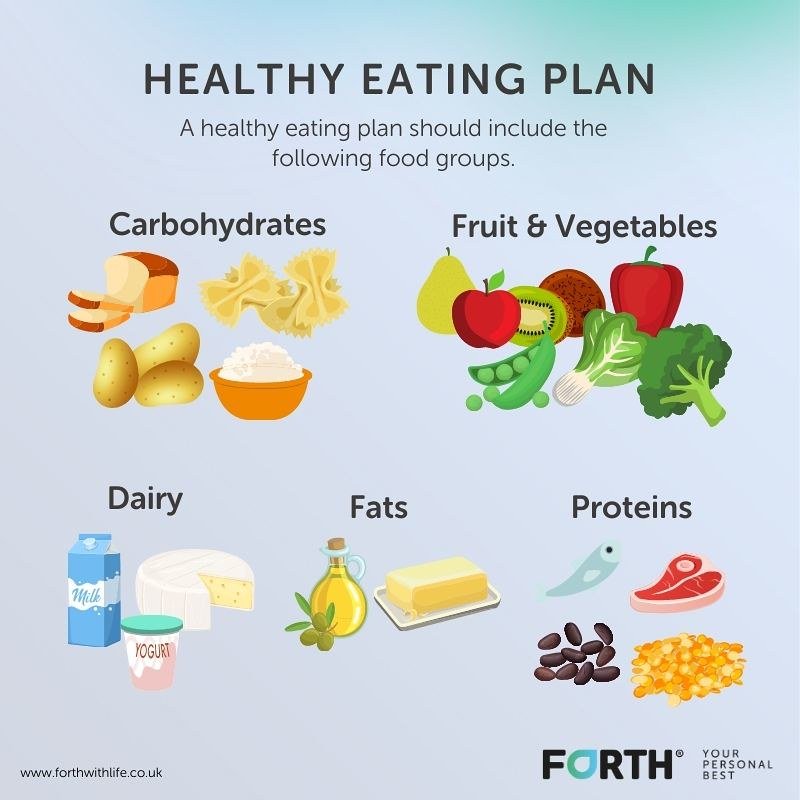As the clock ticks and the pages turn, our journey through life takes us through an incredible multitude of experiences. From the exuberant energy of our youth to the depths of wisdom and reflection in later years, each chapter brings its own unique set of challenges and triumphs. Among these countless milestones, one constant companion remains ever important: our health. Welcome to a captivating exploration of “Healthy Aging: Navigating Wellness in Different Life Stages,” where we’ll embark on a creative journey through the vast spectrum of wellness, uncovering the secrets of leading a fulfilling and vibrant life at every turn. So, buckle up and prepare to embrace the beauty of aging gracefully, as we navigate the winding path of wellness through the shifting landscapes of our varied life stages.
The Pursuit of Healthy Aging: Embracing Change and Wellness in Every Life Stage
In the quest for healthy aging, the key lies not in resisting change, but in embracing it with open arms. Change is the essence of life, and every stage brings its unique challenges and opportunities for growth. By cultivating a wellness mindset and incorporating healthy habits into our daily routines, we can navigate each life stage with grace and vitality.
Embracing change starts with understanding that our bodies and minds naturally evolve as we age. Rather than viewing wrinkles as burdens, we can see them as beautiful reminders of a life well-lived. Accepting the changes that come with each passing decade allows us to focus on what truly matters – our inner well-being and our ability to adapt with grace.
Wellness is not a destination; it is a lifelong journey. As we age, it becomes increasingly important to prioritize self-care and invest in our physical, mental, and emotional health. This might involve seeking regular medical check-ups, staying physically active through exercise or yoga, nourishing our bodies with wholesome foods, engaging in activities that stimulate our minds, and fostering positive relationships with loved ones.
- Embrace change and view it as an opportunity for growth.
- Cultivate a wellness mindset to navigate each life stage with grace.
- Prioritize self-care and invest in your physical, mental, and emotional health.
- Stay active, nourish your body, and engage in activities that stimulate your mind.
- Foster positive relationships with loved ones for a fulfilling and vibrant life.
Age is merely a number, and the pursuit of healthy aging is about living a life of purpose, fulfillment, and joy regardless of the stage we are in. Let us embrace change and wellness as our lifelong companions, and approach each day with gratitude, positivity, and a commitment to our well-being.

Unveiling the Key Factors Influencing Healthy Aging at Different Stages of Life
As time passes, our bodies and minds go through various stages of life, each with its unique requirements for maintaining optimal health. Understanding the key factors that influence healthy aging at different stages can empower us to make informed choices and ensure a vibrant and fulfilling lifespan. Let’s delve into these factors and how they shape our journey from early adulthood to our golden years.
1. Nutrition and Exercise
Maintaining a healthy diet and engaging in regular physical activity are vital at all stages of life. During early adulthood, our bodies are still developing, and establishing good habits sets the foundation for long-term health. As we progress into middle age, metabolism slows down, making it crucial to adapt our nutritional intake and exercise routines to prevent weight gain and keep our bodies strong.
In our senior years, maintaining muscle mass and bone density becomes especially important. Ensuring a balanced diet rich in nutrients and staying physically active can enhance energy levels, reduce the risk of chronic diseases, and promote overall well-being.
2. Mental Stimulation
Our minds are just as important as our bodies when it comes to healthy aging. Throughout our lives, engaging in activities that stimulate cognitive function helps to preserve mental sharpness and prevent age-related cognitive decline. Whether it’s reading, solving puzzles, learning new skills, or socializing, regularly challenging our brains plays a significant role in healthy aging.
It’s never too early or too late to start incorporating these activities into our routines. By nurturing intellectual curiosity, we can foster lifelong learning and keep our minds agile, enhancing our quality of life at any age.
3. Emotional Well-being
Emotional well-being is a crucial factor that influences healthy aging at all stages of life. Building and maintaining strong relationships, fostering a positive outlook, and managing stress effectively are vital for overall well-being.
During early adulthood, establishing a healthy support network and learning effective coping mechanisms can lay the groundwork for emotional resilience. As we age, maintaining meaningful connections with loved ones and engaging in activities that bring joy and fulfillment become increasingly important. Effectively managing stress is also crucial at every stage, as chronic stress can have detrimental effects on our physical and mental health.
By prioritizing emotional well-being and incorporating healthy habits into our lives, we can navigate the different stages of aging with grace, resilience, and a sense of fulfillment.

Strategies to Foster Physical and Mental Wellbeing for Older Adults
As we age, it becomes increasingly important to prioritize our physical and mental wellbeing. Here are some creative strategies that can help older adults lead a healthier and more fulfilling life:
Mindfulness and Meditation:
Practicing mindfulness and meditation can greatly benefit older adults, promoting mental clarity and reducing stress. Encourage older adults to spend a few minutes each day in quiet meditation, focusing on their breath and letting go of any negative thoughts or worries. This practice can help them cultivate a sense of peace and enhance their overall well-being. Consider organizing regular group meditation sessions or recommending mindfulness apps to help them establish a routine.
Engaging in Creative Activities:
Engaging in creative activities can be an excellent way for older adults to enhance their mental and emotional well-being. Encourage them to explore their artistic side by taking up painting, crafting, or playing a musical instrument. These activities stimulate the brain and provide a sense of accomplishment, boosting their self-esteem and overall happiness. Consider organizing art classes or forming a community band to foster a sense of camaraderie and create an outlet for their creativity.
Embracing Physical Exercise:
Physical exercise is crucial for older adults to maintain their overall health and mobility. Encourage them to participate in activities such as walking, swimming, or yoga to improve strength, balance, and flexibility. Regular exercise also releases endorphins, which uplift their mood and reduce the risk of depression. Arrange group exercise sessions or recommend local fitness classes to help older adults discover the joy of moving their bodies and inspire them to stay active.
By incorporating these strategies into their lives, older adults can enhance both their physical and mental well-being, allowing them to live a more vibrant and fulfilled life. Remember, it’s never too late to prioritize self-care and embrace activities that bring joy and peace of mind.

Promoting Healthy Lifestyles: Encouraging Wellness Among Middle-aged Individuals
As we navigate the journey of life, it becomes increasingly important to prioritize our health and well-being. Middle age brings with it unique challenges, both physical and mental, that can sometimes feel overwhelming. However, by adopting healthy habits and making wellness a focal point, we can seize control of our lives and ensure an enriching and fulfilling middle age.
1. Nourish your body: A well-balanced diet is crucial for maintaining good health. Opt for nutritious, whole foods that provide essential vitamins and minerals. Include a variety of fruits, vegetables, lean proteins, and whole grains in your meals. Stay hydrated by drinking plenty of water throughout the day. Limit your intake of processed foods, sugary snacks, and saturated fats. Remember, what you put into your body directly affects how you feel both physically and mentally.
2. Prioritize physical activity: Regular exercise is vital for maintaining a healthy lifestyle. Find physical activities that you enjoy, whether it’s going for a scenic hike, practicing yoga, or joining a sports team. Aim for at least 30 minutes of moderate-intensity exercise most days of the week. Incorporate strength training exercises to build muscle and improve bone density. Don’t forget to warm up and cool down before and after each workout to minimize the risk of injuries.
3. Cultivate positive relationships: Surrounding yourself with supportive and positive individuals can significantly impact your overall well-being. Engage in meaningful social interactions with friends, family, and loved ones. Foster strong connections with like-minded individuals, join local clubs or organizations, and participate in community events. Sharing experiences, thoughts, and emotions with others can help alleviate stress and feelings of isolation, ultimately enhancing your overall quality of life.

Proactive Steps for Young Adults: Building a Foundation for Lifelong Health
When it comes to maintaining a healthy lifestyle, it’s important to start early. As young adults, there are several proactive steps you can take to build a strong foundation for lifelong health. By adopting these habits now, you can ensure a healthier future for yourself:
- Stay active: Regular exercise is crucial for both physical and mental well-being. Find activities you enjoy, whether it’s dancing, swimming, or hiking, and aim for at least 30 minutes of moderate intensity exercise on most days of the week.
- Eat a balanced diet: Fuel your body with nutrient-rich foods. Include plenty of fruits, vegetables, whole grains, and lean proteins in your meals. Limit your intake of sugary drinks, processed snacks, and fast food.
- Prioritize sleep: Establish healthy sleep patterns by aiming for 7-9 hours of quality sleep each night. Create a bedtime routine, avoid electronic devices before bed, and create a relaxing sleep environment.
- Manage stress: Stress can take a toll on your physical and mental health. Find healthy coping mechanisms such as meditation, yoga, or journaling. Take breaks, set boundaries, and prioritize self-care to reduce stress levels.
Additionally, it’s crucial to stay connected with healthcare professionals. Regular check-ups, screenings, and vaccinations are vital for detecting and preventing health issues before they become more serious. Remember that building a foundation for lifelong health is a long-term commitment. Consistency is key, so stay motivated, find support in friends and family, and celebrate your progress along the way.
In Summary
As we conclude this exploration of healthy aging and the art of navigating wellness in different life stages, we find ourselves standing at the crossroads of time, equipped with knowledge, and ready to embrace the ever-changing seasons of life.
Throughout our journey, we have witnessed the wisdom etched in the lines of experience and the resilience nestled within the core of our being. From the dawn of youth, where boundless energy knows no limits, to the grace and poise of middle age, where lessons learned have painted our canvas with shades of resilience, and finally to the golden years, where wisdom and contentment intertwine like a perfectly harmonized symphony.
In every chapter of our lives, wellness takes on numerous shapes and forms. It evolves with us, guiding us through the rhythmic dance of maturation. We have learned that physical health is not an isolated entity but a holistic unity, influenced by mental, emotional, and social well-being. The balance we strive to achieve is the key to unlocking the gate towards a fulfilling life.
As we age, our relationship with nutrition transforms, demanding mindful choices that nourish our bodies and enrich our souls. We embrace the power of a wholesome diet, savoring the vibrant flavors that nature offers, for they fuel our bodies and invigorate our spirit. Exercise becomes a gentle partner, accompanying us on our journey, strengthening our muscles, and nurturing our bones. It is through movement that we rediscover ourselves, immersing in the joy of simply being.
Yet, this path of aging gracefully is not without its challenges. We face tribulations that test our resolve and resilience, but we find solace in the embrace of a supportive community. The bonds we forge, the stories we share, and the love we receive and give become the pillars that uphold us during the storm.
Life, in all its intricacies, presents us with a tapestry of moments, each woven together, creating a masterpiece unique to each individual. We celebrate the vibrant tapestry that is healthy aging, cherishing the meaningful connections we make along the way. For it is the wisdom gained, the experiences lived, and the love shared that truly define the richness of our journey.
And so, as we bid farewell to this exploration, let us carry forward the knowledge and insights acquired, utilizing them to navigate the uncharted territories that lie ahead. May we embrace the beauty of growth, savoring the tranquility bestowed upon us in each passing stage. Let us always remember that wellness, like the seasons, continues to evolve, renewing our spirits and reminding us that the art of aging gracefully is a lifelong endeavor.

